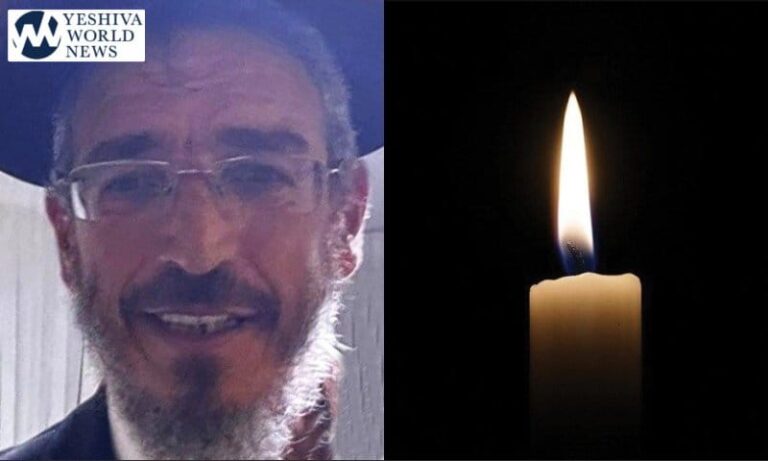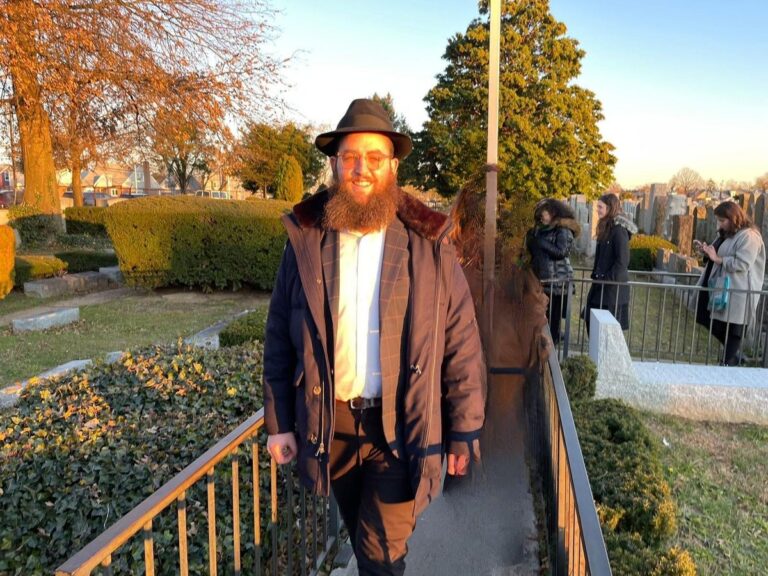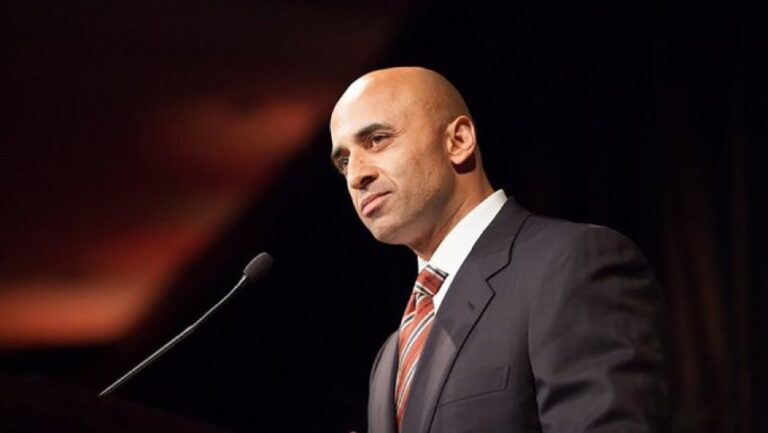 It’s so easy: You see an open wireless connection called Linksys or dlink and you jump on to check your email or see if anyone has retweeted you. In fact, we did all the reporting for this story, including VoIP calls, over an unsecured Wi-Fi network.
It’s so easy: You see an open wireless connection called Linksys or dlink and you jump on to check your email or see if anyone has retweeted you. In fact, we did all the reporting for this story, including VoIP calls, over an unsecured Wi-Fi network.
Were we breaking the law?
“It’s not clear,” says Orin Kerr, a professor at George Washington University Law School and an expert in cyberlaw. “It’s probably OK, but you can’t rule out a prosecution.”
Though using an open Wi-Fi network doesn’t feel like hacking, the federal Computer Fraud and Abuse Act sees things differently. That 1986 law makes it a felony to access computer systems, including routers, without authorization.
But the few cases of someone in the US being prosecuted solely for Wi-Fi theft generally read like that of the Michigan man who drew a sheriff’s attention four years ago by regularly parking outside a café with an open laptop but never buying anything. He was charged with using a computer system without authorization, pleaded guilty, and paid a $400 fine.
Over time, however, the law has apparently become more tolerant of Wi-Fi squatting. For example, you’re not committing multiple felonies if your iPhone jumps from network to network while you walk down the street.
“You have to know it was unauthorized,” says attorney Jennifer Granick, former civil liberties director for the Electronic Frontier Foundation. “Otherwise, you are an accidental criminal, and generally we don’t allow that.”
Granick thinks you’re probably safe even if you purposely direct your laptop to an open signal. That’s because, as Internet users have grown more sophisticated, most networks have become password-protected. So one could argue that it’s reasonable to assume open networks are intentionally so. “Now, more than in the past, using open wireless can be considered authorized,” Granick says.
Still, no one can say for sure. The reason we lack a definitive answer, according to Kerr, is that authorities tend to prosecute open Wi-Fi usage only when they are piling charges onto real hacking crimes in order to snag a plea deal. As a result, authorized use, as it applies to the vaguely worded CFAA, has never been laid out definitively in court.
“But if anyone is charged with a crime solely for using an open wireless connection, have them give me a call,” Kerr says. “I will defend them.”
Hopefully we won’t have to take him up on that.
(Source: Wired)











16 Responses
i can testify that in new york it is illegal…
my friend was using wifi outside someone house and the person chap and called the cops.. the cops came two of them and wanted to arrest him they said it is a misdemeanor… so be careful when u steal wifi
If no one can say for sure then how can you be prosecuted?! How can they decide that you commited an offence when they will be arguing about its legality?
Important message: Please make sure your wireless DSL has a password and is locked so others can not connect to your line. If your line is open, you are possibly causing an insurmountable stumbling block for others who are using your connection and inadvertently destroying the lives of your frum neighbors and/or their children! Unfortunately, there are literally thousands of unsecured lines even in very frum neighborhoods which have ruined the lives of others. This writer is familiar with bochurim in the best Yeshivas who are getting destroyed due to the carelessness of their neighbors in Eretz Yisroel and America. One bochur who could not overcome this test had to switch to another Yeshiva as a result. Please, take a minute of your time and either ask a friend, contact your provider, or contact us for instructions on how to secure your line if you are not able to do so yourself (you are protecting yourself as well since any viruses your neighbor downloads can possibly infect your computer as well). Similarily, make sure you are not receiving any signals from your own neighbors that your children might pick up on their computers, ipods etc.. By following the above, your children, neighbors, and neighbor’s children will thank you !
Since many people make their networks open to the public (libraries, businesses who see it as an attraction), the person accused of using a network without permission would have to have some knowledge that the network he was using was not open to the public. Indeed, one could argue that anyone who makes their home wi-fi network open to anyone without a password is saying that it is open for anyone to use.
Since American criminal law requries “mens rea” (an evil mind, meaning intent to violate the law), the prosecutor would have to prove beyond a reasonable doubt that the defendant was aware he/she was using a private network.
It could be some prosecutors are unaware how easy and routine it is to include a password on a local (home) wi-fi network, and even using an easy to guess password would indicate that the user knew he didn’t have permission.
the article is looking at what the “law” may be.
what about halacha.
If I leave my house open, does that give someone “rishus” to come in, and take or use my house without my permission? especially if I incur “over usage” fees from my internet provider.
It would seem obvious (at least to my small mind) that it is “ossur.”
comments welcome.
I live in an apartment building with many older people who leave their networks open. They simply do not know how to block the network.
Also, I want a trespassing claim filed against a wifi network that enters my home. I don’t want it there why should it be invading my home.
זה נהנה וזה אינו חסר
More to the point what does halacha have to say about this question..??
for #7–incorrect. the ISP meters your usage and when you go over, you are billed. so if someone uses your WIFI, you can be billed.
also, if they are using illegal sites (eg kiddy-porn, it is traced to your WIFI, and you can be charged, with the burden of proof on you)
so as far as I remember from a shiur–it’s ossur to use someone’s WIFI.
for #6–then complain about electromagnetic waves from the nearby electric lines, and the waves from WCBS going through your body, etc. ain ladovor sof.
i think according to halacha its nothing wrong cause if the person knows about locking it with a password and he doesnt do it it means it doesnt bother him and if the person doesnt know about it then he doesn even know to care and its za nehena vza loi chuser
If I can access your wifi in my home it means your wifi is traveling through my home. Anything traveling through my home is mine. Is there any logical argument against this? Tomorrow you may say that the air in my house is yours too!
There is a concept of “ze nehne vze lo yafsid”. If my usage of his wifi does not impact his service quality and it does not cost him anything, what can be wrong with using it
Usually during off-peak hours its reasonable to assume that there is enough bandwidth for both of you. Also there would not be overloading which coulkd incur extra expense.
It can slow down the network that is chosur
This issue is a real grey area for me and I’d love to know what the Gedolim hold.
For one, WAP (Wireless Access Points) come out of the box unsecured. This is done in order to allow your computer illiterate to be able to connect to the internet w/o any configuring on his side. Most people are not aware that there is a need to lock down their WAP. This being so, one could say that they are not giving permission for people to access the internet through their WAP and it should be Asur to do so. On the other hand, there are others that are made aware of the issue and non-the-less opted for leaving it open. In such case he is basically giving permission to others to access the Internet via his WAP. So we are now left with a ספק; Is the owner of the WAP granting permission to his open WAP or not (just that he is not aware that it is open)?
The next question is as #7’s comment, זה נהנה וזה אינו חסר. Is this really true? If only one person is connecting to his WAP (unknowingly to him) then it would seem true. However, if a multitude of people access his WAP the effects ARE noticeable. In that case it would not be so simple to say זה נהנה וזה אינו חסר. Thus we are left with another ספק. (Incidentally, I was once asked by someone why he and everyone else in his building could no longer access the WAP of the one sucker that was paying for Internet Connection. I’ll let you figure out what I told him between my laughs.)
However, now it appears that the status has changed to a ספק ספיקה. First, is the owner purposely leaving his WAP open or is he just ignorant. Secondly, assuming that he is just ignorant and really doesn’t want anyone using his WAP to access the internet is this a case of זה נהנה וזה אינו חסר? Not simple.
Still, there is to say that when a person knowingly leaves his WAP open he only does so for his own convenience, similar to someone who leaves his front door unlocked. For sure (in most cases) his intentions is not to grant every stranger permission to come in uninvited.
Personally, I would think to say פטור אבל אסור.
I would be very interested in knowing what poskim say so if any of you have a personal kesher to a Gadol, please post (with his permission) his psak in this regards.
Thanks,
Softwords
The person who fails to lock his wireless DSL is the one who is the Mazik. See above, comment #3.
what will the Gedolim say? simple, the Internet is assur 🙂